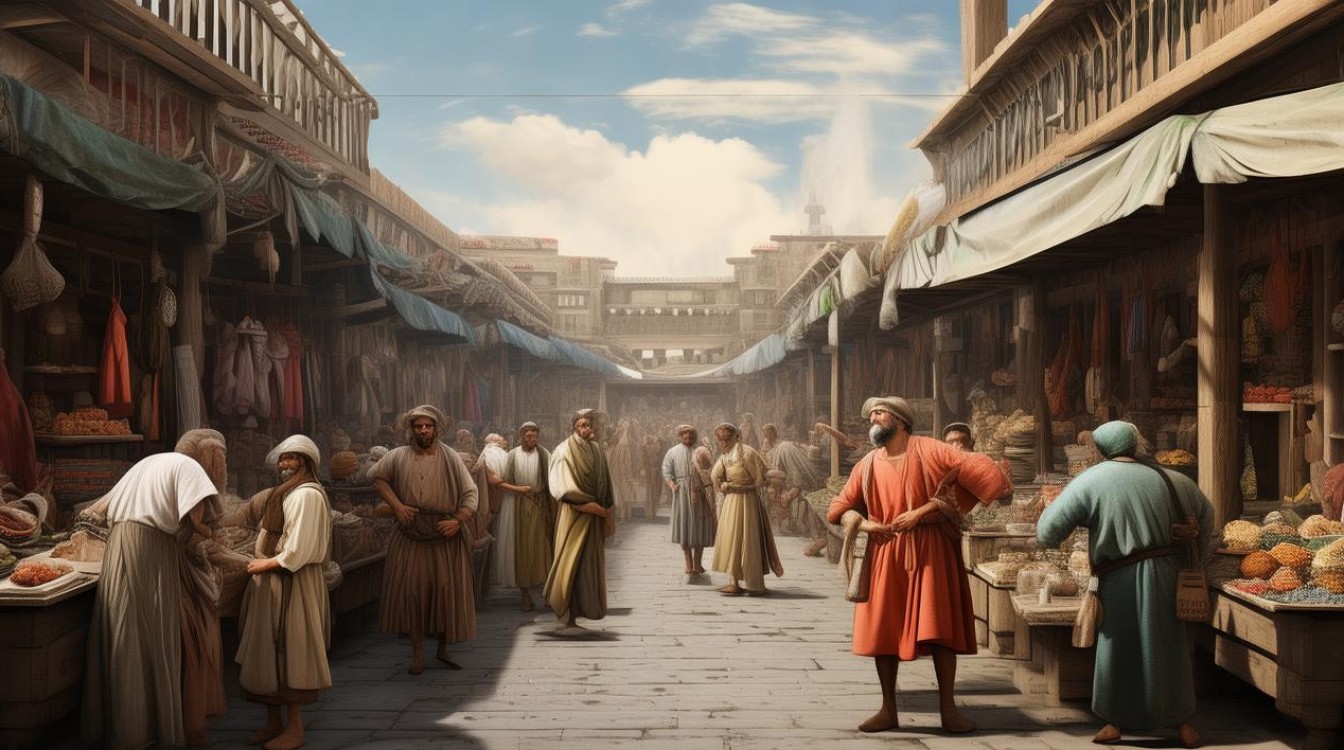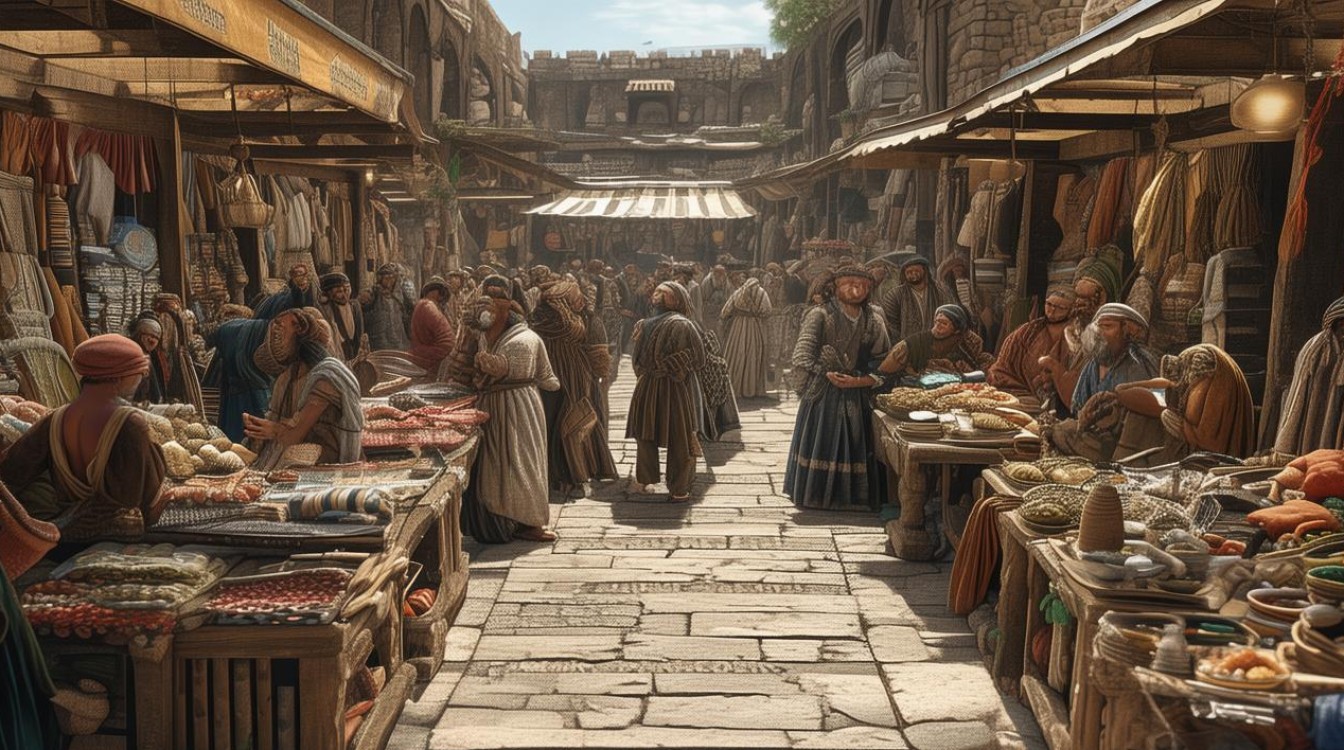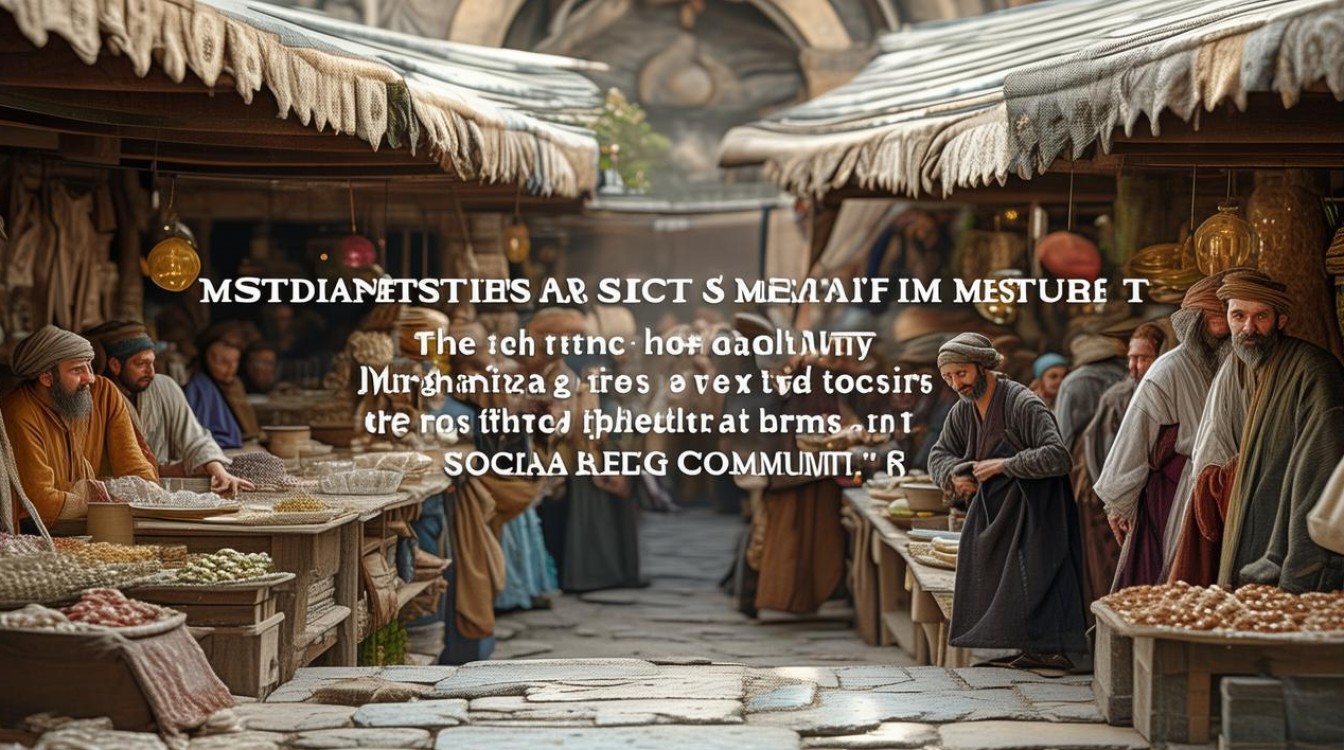Commerce has been the backbone of human civilization for centuries, and merchants play a pivotal role in shaping economies, cultures, and global connections. From ancient trade routes to modern e-commerce platforms, their influence extends far beyond simple transactions. Understanding the significance of merchants helps us appreciate how trade drives progress and fosters societal development.

Economic Growth and Innovation
Merchants facilitate the movement of goods and services, bridging gaps between producers and consumers. By identifying market demands, they encourage innovation. For instance, the rise of digital marketplaces has revolutionized retail, allowing small businesses to reach global audiences. Entrepreneurs who recognize emerging trends often introduce new products, stimulating competition and improving quality.
Additionally, merchants contribute to employment. Retailers, wholesalers, and online sellers create jobs in logistics, marketing, and customer service. A thriving commercial sector strengthens national economies, generating tax revenue that funds public services like education and infrastructure.
Cultural Exchange and Globalization
Historically, merchants were key figures in cultural exchange. The Silk Road connected East and West, enabling not only trade but also the sharing of ideas, religions, and technologies. Today, international commerce continues to break down barriers. Importers introduce foreign products to local markets, while exporters showcase domestic goods abroad, fostering mutual understanding.

Global supply chains rely on merchants to negotiate fair deals, ensuring ethical sourcing and sustainability. Consumers increasingly value transparency, and responsible merchants adapt by promoting eco-friendly practices and fair labor conditions.
Community Development
Local merchants strengthen communities. Small businesses often sponsor events, support charities, and create gathering spaces that enhance social bonds. Unlike large corporations, independent shop owners build personal relationships with customers, offering tailored services that foster loyalty.
During crises, merchants demonstrate resilience. The COVID-19 pandemic saw many shifting to online sales or contactless delivery, proving their adaptability. Such efforts sustain economies during challenging times.

Challenges and Responsibilities
Despite their contributions, merchants face challenges like fluctuating markets, regulatory changes, and technological disruptions. Success requires adaptability—embracing digital tools, understanding consumer behavior, and maintaining ethical standards.
Ethical commerce is crucial. Unfair pricing or exploitative practices harm reputations and economies. Honest merchants prioritize customer trust, ensuring long-term success.
The Future of Commerce
Technology continues to reshape trade. Blockchain enhances transparency, AI optimizes supply chains, and social commerce merges shopping with entertainment. Forward-thinking merchants leverage these tools to stay competitive.

Sustainability will dominate future commerce. Consumers demand eco-conscious products, pushing merchants to adopt greener practices. Those who balance profit with planetary health will lead the next era of trade.
Merchants are more than profit-seekers—they are innovators, connectors, and community builders. Their ability to adapt and serve society ensures commerce remains a driving force for progress. Recognizing their role helps us support ethical business practices that benefit everyone.

